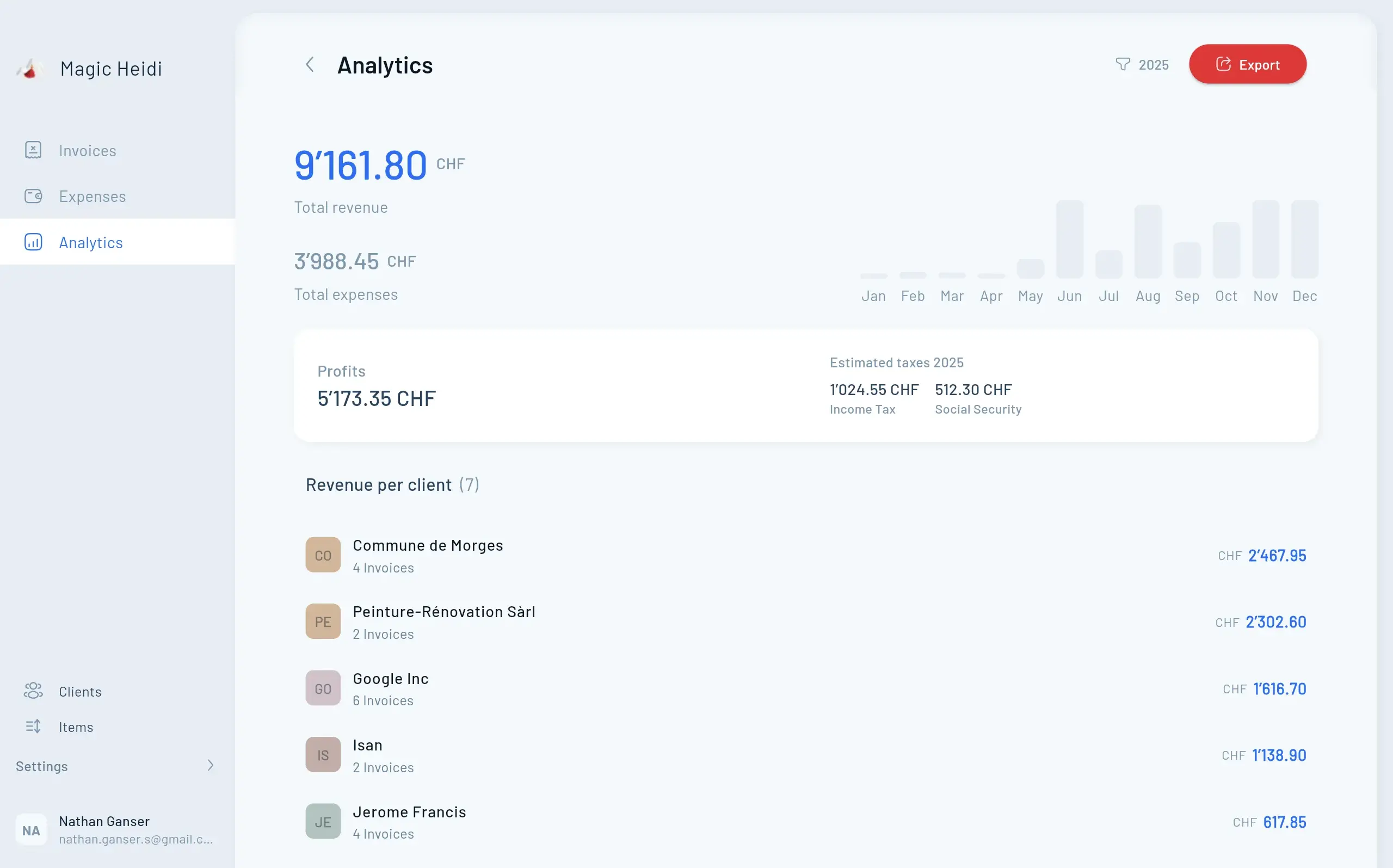Negotiating Your Employment Contract
Key questions to ask when reviewing Swiss job offers
- Verify weekly hours: 40, 42, or 45 hours?
- Clarify overtime policy: tracking and compensation
- Confirm vacation days: minimum or more?
- Ask about flexibility: remote work, flexible hours
- Understand holiday entitlements: which canton?
- Check manager exemptions: overtime rules waived?

